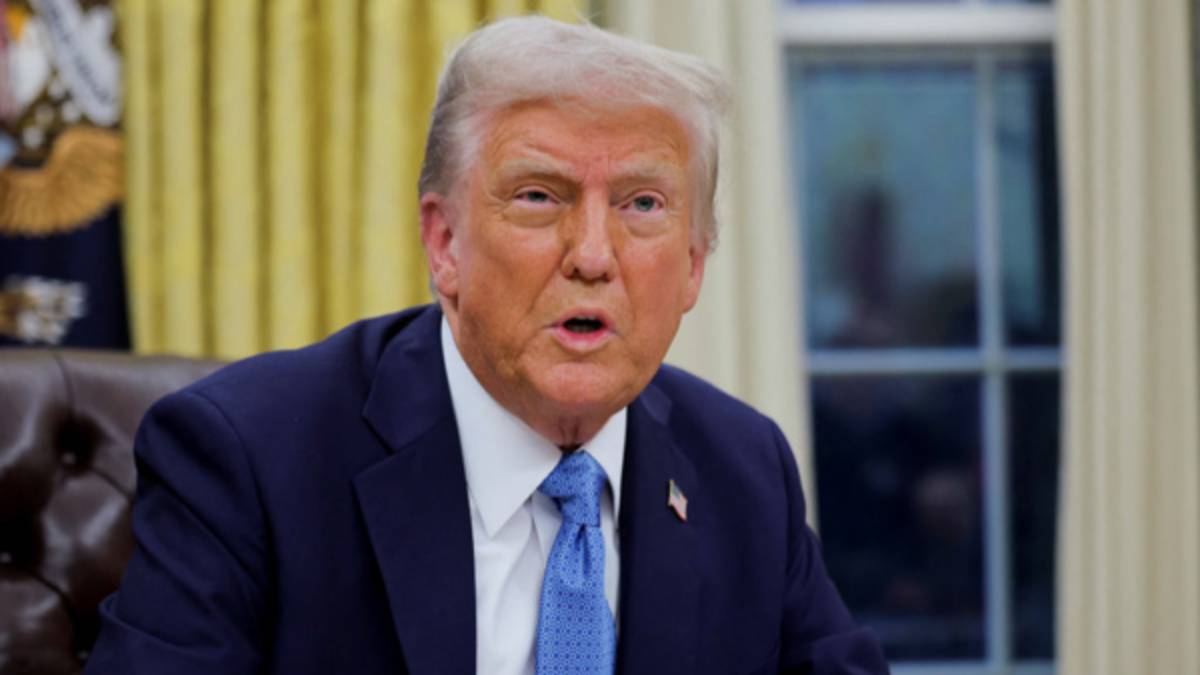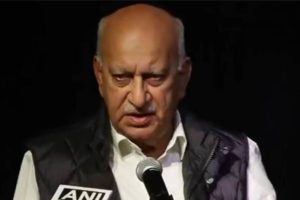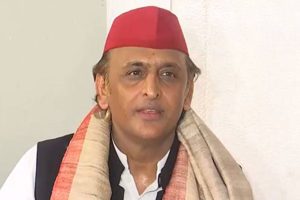US President Donald Trump has signaled that China could soon face secondary sanctions or additional tariffs for its continued import of Russian oil — a move that comes just a day after India was hit with a 25% tariff hike tied directly to its purchases from Russia.
Speaking at a White House press conference on Wednesday (local time), President Trump was asked whether China — the largest global buyer of Russian crude — would face similar punitive measures.
“It may happen, I don’t know, I can’t tell you yet. We did it with India and we are probably doing it with a couple of others — one of them could be China,” Trump responded.
According to data from the Centre for Research on Energy and Clean Air (CERA) for June 2025, China accounted for 47% of Russia’s crude oil exports, followed by India at 38%, the EU (6%), and Turkiye (6%). CERA is a non-profit, independent research organisation based in Finland.
In addition to crude oil, Turkiye emerged as the largest buyer of Russian oil products (26%), followed by China (13%) and Brazil (12%). Meanwhile, the EU led in purchases of Russian LNG (51%), trailed by China (21%) and Japan (18%). In pipeline gas, the EU again topped the list with 37%, followed by China (30%) and Turkiye (27%).
Despite this widespread reliance on Russian energy, neither China nor Turkiye currently face US sanctions or tariffs linked directly to their Russian oil or energy imports.
India’s Ministry of External Affairs (MEA), in a strong statement issued Wednesday, criticized the US move as “unfair, unjustified and unreasonable.” The MEA pointed out the selective nature of the tariffs, stating, “It is extremely unfortunate that the US should choose to impose additional tariffs on India for actions that several other countries are also taking in their own national interest.”
Defending India’s position, the MEA emphasized that its oil imports are based on market considerations and aimed at ensuring the energy security of its 1.4 billion citizens.
The MEA also implicitly called out China and Turkiye, noting that other countries engaged in similar imports were not being penalized.
Meanwhile, White House Trade Adviser Peter Navarro defended the decision to target India, saying, “This was a pure national security issue associated with India’s abject refusal to stop buying Russian oil.”
As Washington increasingly frames the purchase of Russian energy as a national security threat, pressure may mount on other countries — especially China — unless a broader diplomatic solution is reached with Russia.





